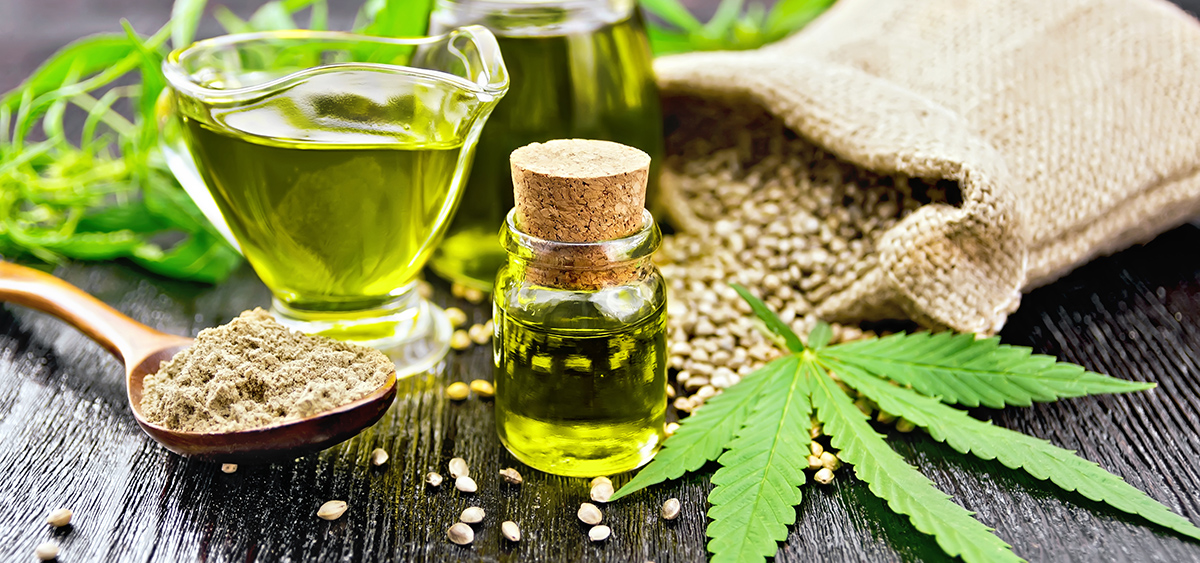In the realm of cannabinoids, there’s a newcomer stepping into the spotlight – Delta-8 THC. While Delta-9 THC, with its psychoactive effects, has long been the focus of cannabis discussions, Delta-8 is emerging as a compound with its own unique potential contributions to health and healing. As curiosity about Delta-8 grows, let’s delve into what sets it apart and how it might be paving the way for a new chapter in the world of wellness.
Understanding Delta-8 THC
Delta-8 THC, short for delta-8 tetrahydrocannabinol, shares a chemical structure with Delta-9 THC – the well-known compound responsible for the euphoric “high” associated with cannabis. However, there’s a crucial difference that gives Delta-8 its distinctive identity – its molecular structure has a double bond on the eighth carbon atom, whereas Delta-9 has it on the ninth. This seemingly small variation results in a compound that offers a milder, less intense psychoactive experience compared to Delta-9 THC.
The Nuanced High
One of the key aspects that sets Delta-8 apart is the nature of its psychoactive effects. Individuals who have experienced the potent high of Delta-9 THC often describe feelings of anxiety, paranoia, and even discomfort. In contrast, Delta-8 is often reported to provide a more relaxed, clear-headed experience. This nuanced high makes Delta-8 appealing to those seeking the therapeutic benefits of THC without the intensity of its psychoactive effects. It’s as if Delta-8 offers the best of both worlds – a gentle euphoria that doesn’t overwhelm.
Potential Health Benefits
While the buzz around Delta-8 is still in its early stages, anecdotal reports and preliminary research are beginning to shed light on its potential health benefits. Just like its cannabinoid counterparts, Delta-8 interacts with the endocannabinoid system (ECS), a complex network of receptors that helps regulate various bodily functions. This interaction opens the door to a range of potential applications.
1. Pain Management: Delta-8’s potential as an analgesic is garnering attention. Anecdotal evidence suggests that it might help alleviate chronic pain and inflammation, offering an alternative for individuals seeking relief without the side effects of traditional pain medications.
2. Nausea and Appetite: Delta-8’s ability to stimulate appetite and reduce nausea is reminiscent of Delta-9 THC’s effects. This property could be particularly beneficial for individuals undergoing medical treatments that impact appetite or cause nausea.
3. Anxiety and Mood Enhancement: While Delta-9 THC is known for its potential to induce anxiety in some individuals, Delta-8 appears to have a more calming effect. Some users report that Delta-8 reduces anxiety and enhances mood without the negative psychological effects associated with Delta-9.
4. Sleep Support: Delta-8’s relaxation-inducing qualities could potentially make it a candidate for promoting better sleep. As sleep disorders become more prevalent, a natural and gentle solution like Delta-8 could hold promise.
Navigating the Landscape
As the interest in Delta-8 continues to rise, it’s important to approach its potential contributions with a balanced perspective. While anecdotal evidence is encouraging, the lack of extensive clinical research means that we’re still uncovering the full scope of Delta-8’s benefits and safety profile. Regulatory considerations also come into play, as Delta-8’s legality varies by location.
If you’re considering incorporating Delta-8 into your wellness routine, here are a few guidelines to keep in mind:
1. Quality Matters: Choosing products from reputable sources ensures that you’re getting a reliable and safe product. Look for products that provide third-party lab testing results.
2. Start Low and Slow: If you’re new to Delta-8, start with a low dose and gradually increase as needed. Pay attention to how your body responds and adjust accordingly.
3. Consult a Professional: Just like any supplement, it’s a good idea to consult with a healthcare professional before adding Delta-8 to your routine, especially if you have pre-existing health conditions or are taking medications.
4. Be Mindful of Legalities: The legality of Delta-8 THC varies from state to state and country to country. Make sure to research and understand the legal status in your area before purchasing or using Delta-8 products.
In the grand tapestry of cannabinoids, Delta-8 THC’s emergence signifies the complexity and potential of the cannabis plant. As research evolves and our understanding deepens, Delta-8 has the potential to carve out its own unique niche in the world of wellness. Whether it’s offering relief from pain, aiding in sleep, or contributing to an enhanced sense of wellbeing, Delta-8’s contributions to health and healing might just extend beyond the buzz. As we navigate this exciting frontier, a blend of curiosity and responsibility will guide us toward harnessing the benefits Delta-8 has to offer.
Medical Disclaimer:
The information provided in these blog posts is intended for general informational and educational purposes only. It is not a substitute for professional medical advice, diagnosis, or treatment. Always seek the advice of your physician or other qualified healthcare provider with any questions you may have regarding a medical condition. The use of any information provided in these blog posts is solely at your own risk. The authors and the website do not recommend or endorse any specific products, treatments, or procedures mentioned. Reliance on any information in these blog posts is solely at your own discretion.






